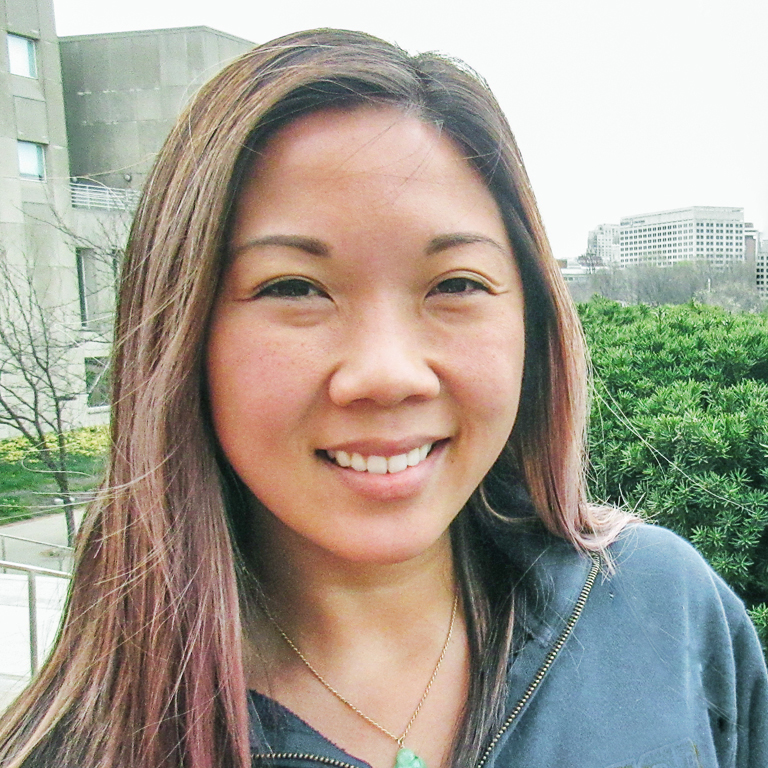Why did you choose graduate school at IUPUI?
I was motivated to pursue a research and academic career focused on medically underserved populations, specifically immigrants and racial/ethnic minorities. Additionally, it was critical for me to train with someone with expertise in chronic illnesses prevalent in racial/ethnic minority communities, specifically cardiometabolic conditions, such as diabetes and cardiovascular disease. For these reasons I decided to further my career by pursuing a PhD in Clinical Psychology at IUPUI to work under the mentorship of Dr. Jesse Stewart in his Cardiometabolic Behavioral Medicine (CBM) Lab.
What has been your favorite academic accomplishment since you’ve been here?
In July of 2017 I was awarded the Indiana CTSI Predoctoral Fellowship to protect time for dissertation work and advanced training in clinical and translational science. The opportunities offered to me by the fellowship have been integral to my professional and academic development and I am grateful for the support.
What do you enjoy most about life in Indianapolis?
“Midwest nice” is a thing. Small businesses support small businesses, community meet-ups and clean-ups are common, and if you offer enough pizza, there is someone out there with a pickup truck ready to help you move.
Please provide some details about your work/research as a graduate student and/or any activities you are involved in.
Research is fundamental in the effort to achieve health equity, as research shapes our shared understanding of the causes and consequences of health disparities. To this end, my emerging program of research seeks to understand how patient, provider, and system factors determine and perpetuate disparities in medical care and outcomes for racial/ethnic minorities and immigrants. I use both epidemiological data and experimental designs to explore these questions along the healthcare continuum, from more proximal, individual-level factors (e.g., physician bias in medical decision-making) to more distal, socio-environmental factors (e.g., the relationship between experiences of discrimination and incident disease). The ultimate goal of my research is to inform, develop, and test evidence-based interventions targeting these multi-level factors to reduce, and ideally eliminate, the mechanisms maintaining the disparities that lead to health inequities for vulnerable populations.


